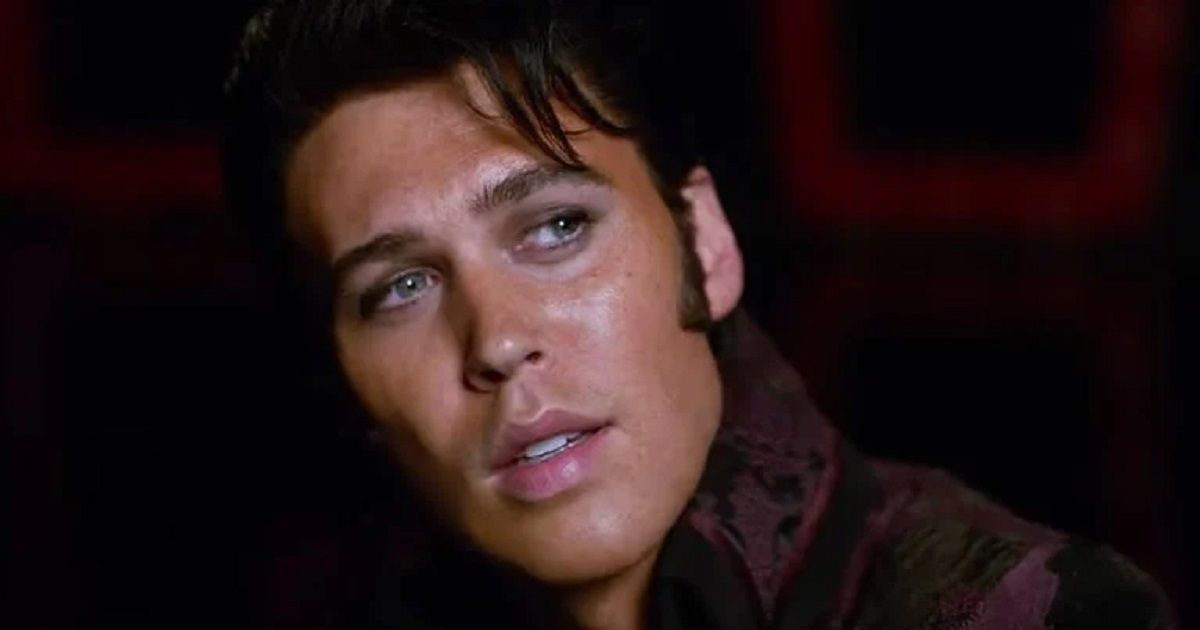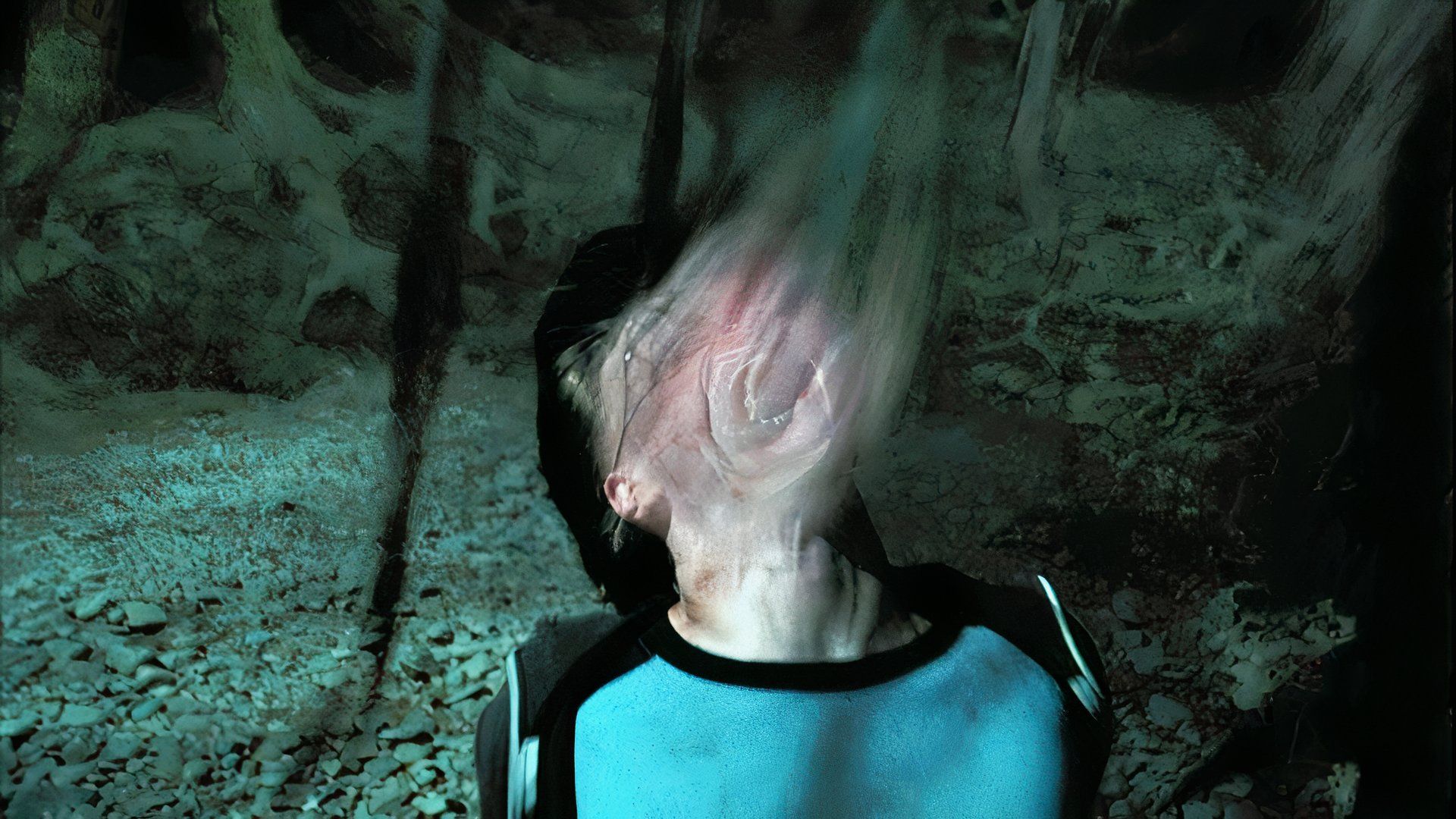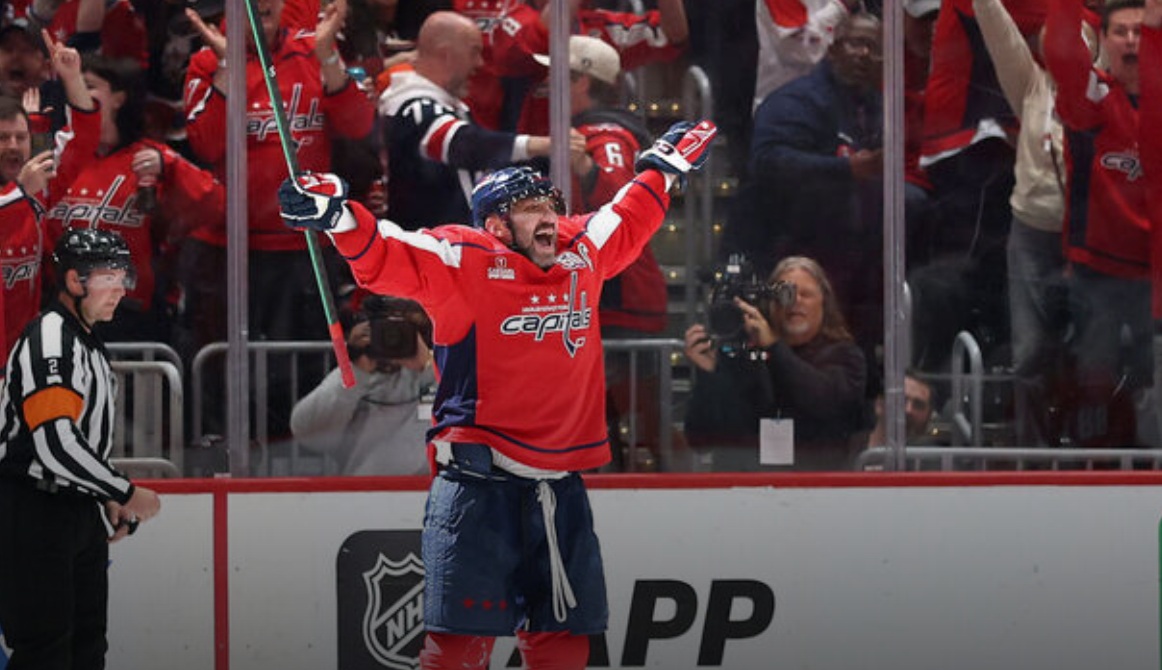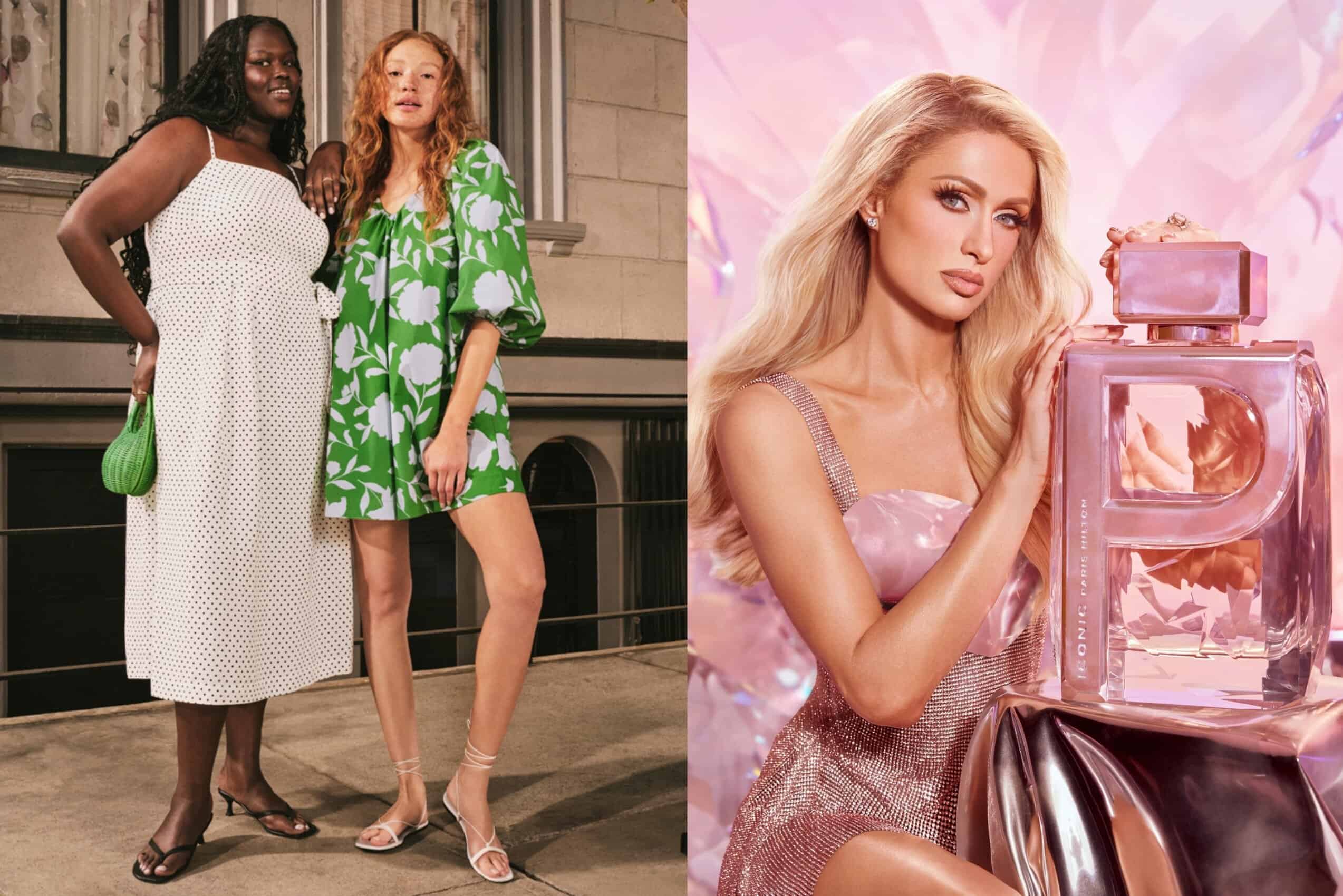Summary
- The use of AI to recreate deceased celebrities like Robin Williams raises ethical concerns about consent and the value of human effort in performance.
- Scams involving fake celebrities made possible by AI technology are a growing issue, as anyone can download software to create near-perfect replicas.
- The film and TV industry’s agreements on AI use will shape its future, but regulating public use of AI poses a significant challenge as the line between reality and computer-generated content blurs.
As Hollywood continues to debate the use of AI, Zelda Williams, the daughter of the much-loved Robin Williams, has aired her opinions on the use of AI being used to recreate her father’s likeness. Almost a decade on from the death of Williams in 2014, there are a number of programs being used to mimic the voices, and likenesses of celebrities, and the comedy icon is one of those to have become a subject of this.
The debate about how AI can be used to generate the voices, likenesses and actions of actors in Hollywood is something that is only just starting. The WGA recently ended their strike with a deal that will recalibrate the use of AI when it comes to writing in the industry, but the subject is one of the key points still to be worked out in the ongoing SAG-AFTRA negotiations. In the midst of this, Zelda Williams took to her Instagram to share her feelings about seeing her father being replicated in many ways. As reported by Entertainment Weekly, she wrote:
“I am not an impartial voice in SAG’s fight against AI. I’ve witnessed for YEARS how many people want to train these models to create/recreate actors who cannot consent, like Dad. This isn’t theoretical, it is very very real.
“I’ve already heard AI used to get his ‘voice’ to say whatever people want and while I find it personally disturbing, the ramifications go far beyond my own feelings. Living actors deserve a chance to create characters with their choices, to voice cartoons, to put their HUMAN effort and time into the pursuit of performance.
“These recreations are, at their very best, a poor facsimile of greater people, but at their worst, a horrendous Frankensteinian monster, cobbled together from the worst bits of everything this industry is, instead of what it should stand for.”
AI Can Be Dangerous in the Wrong Hands.
Marvel Studios
While there are many benefits to the use of AI in many aspects of the creative process, both in the film and TV industry and in other areas, there are also those who are willing to exploit the technology for their own gain.
Scams involving “fake” celebrities have been an issue for some time, and these have been made easier with the advent of AI software that can be downloaded for free by anyone. Many of these are capable of recreating famous faces almost to perfection and have them say anything in videos. In a recent example, Tom Hanks shared details of an AI version of him being used to promote dental plans without his consent, and there is little doubt that the current problems being faced with AI are only going to increase in the future.
The agreements made in relation to the WGA’s negotiations, and those that come from the SAG-AFTRA meetings, will ultimately define how the industry can utilize AI in the future. However, the use of AI by the public is something that is going to be much more difficult to regulate, and that is going to be a much greater challenge to navigate in the coming years as the lines between reality and computer-generated fantasy become easier to blur than ever.
You can view the original article HERE.
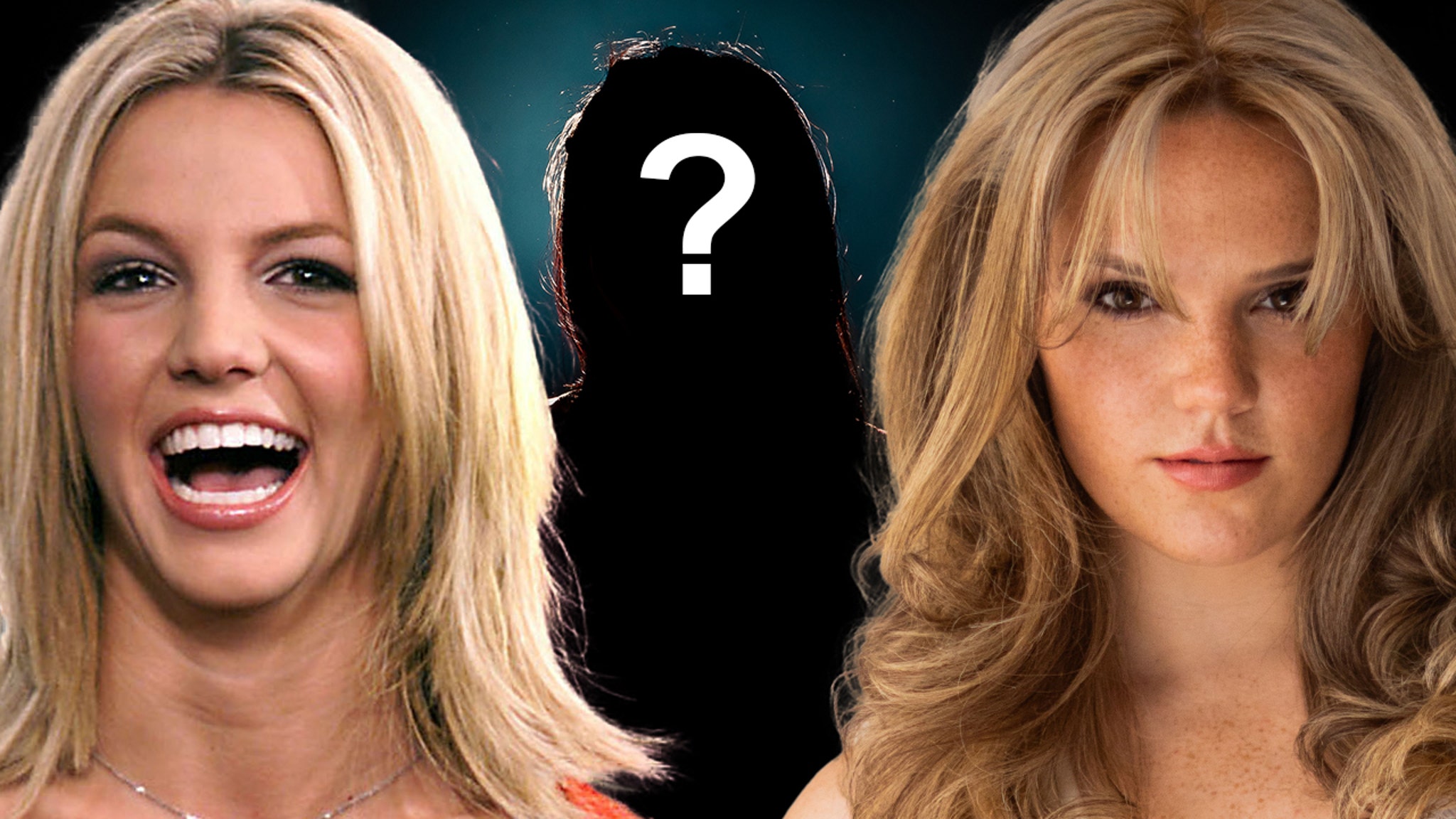
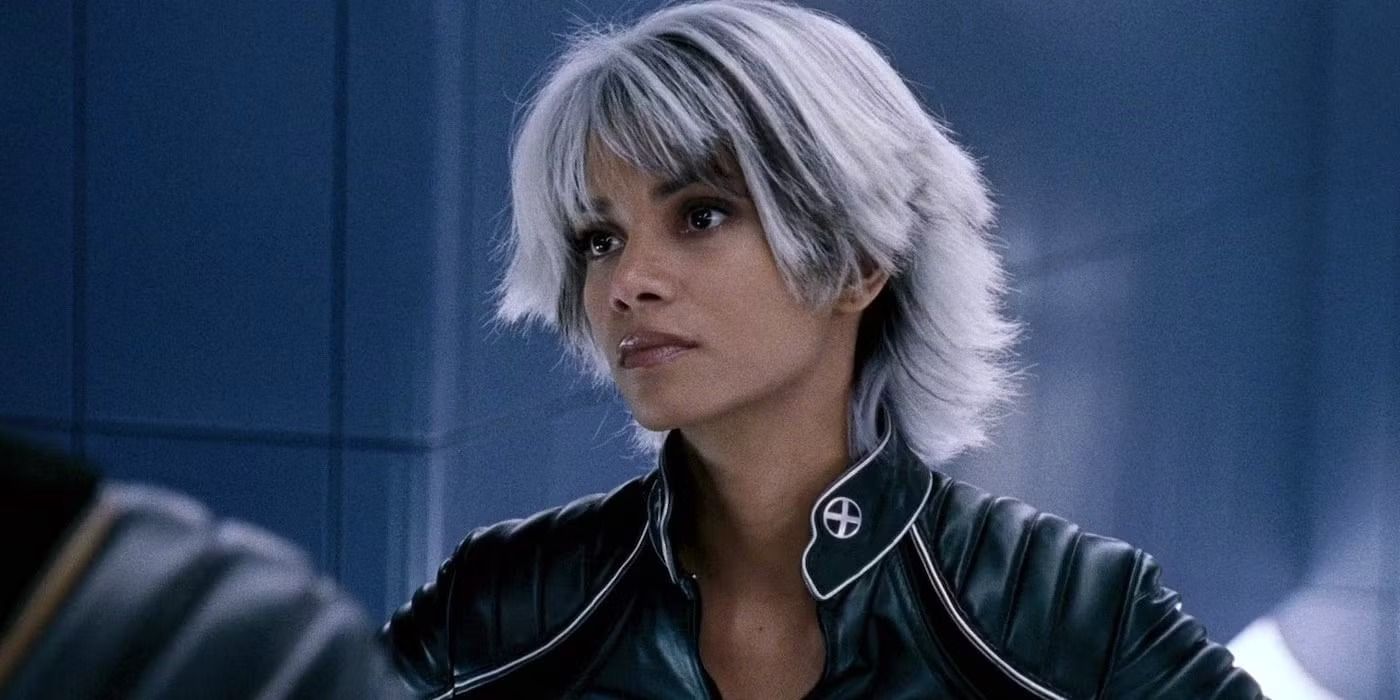



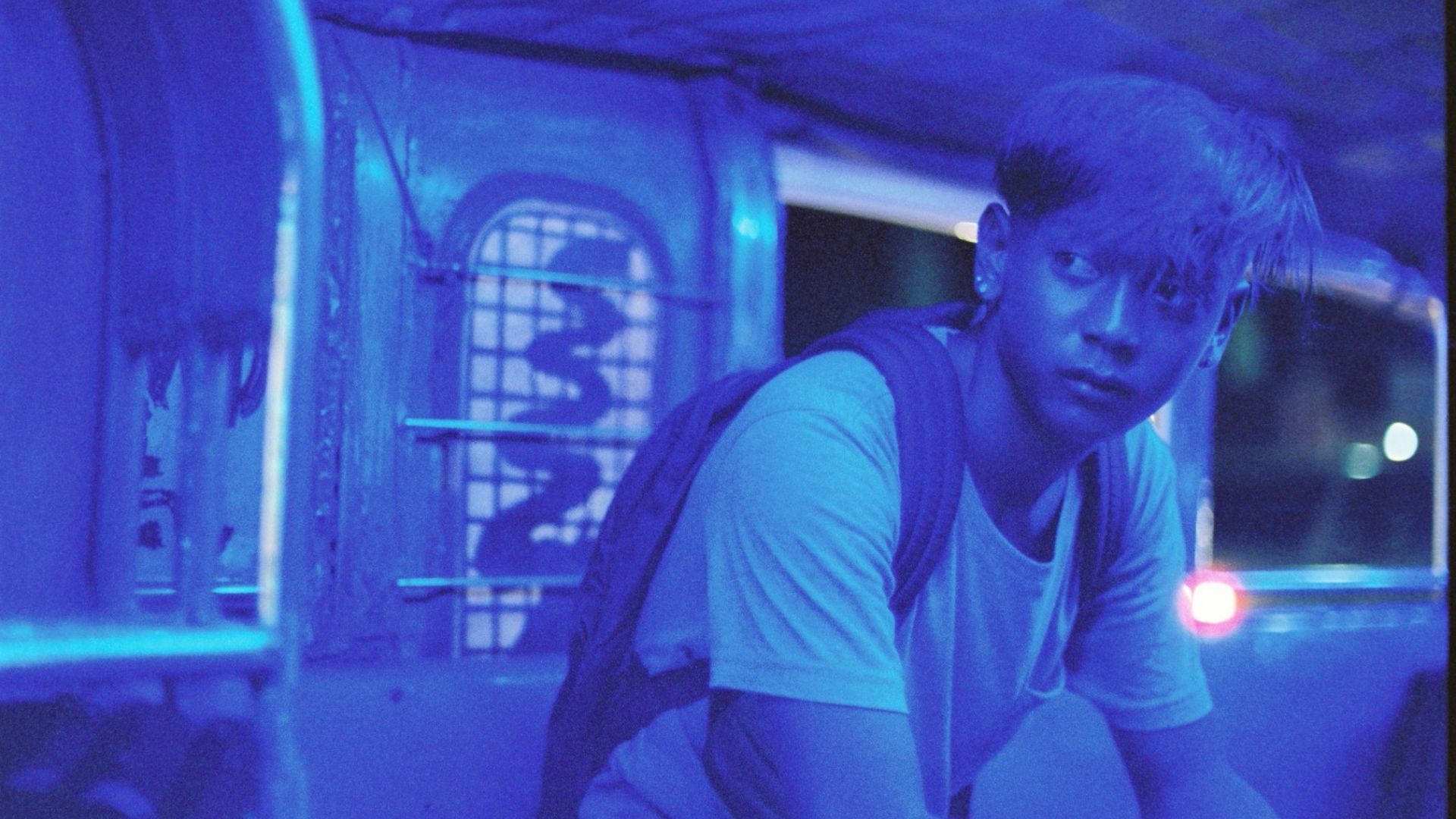
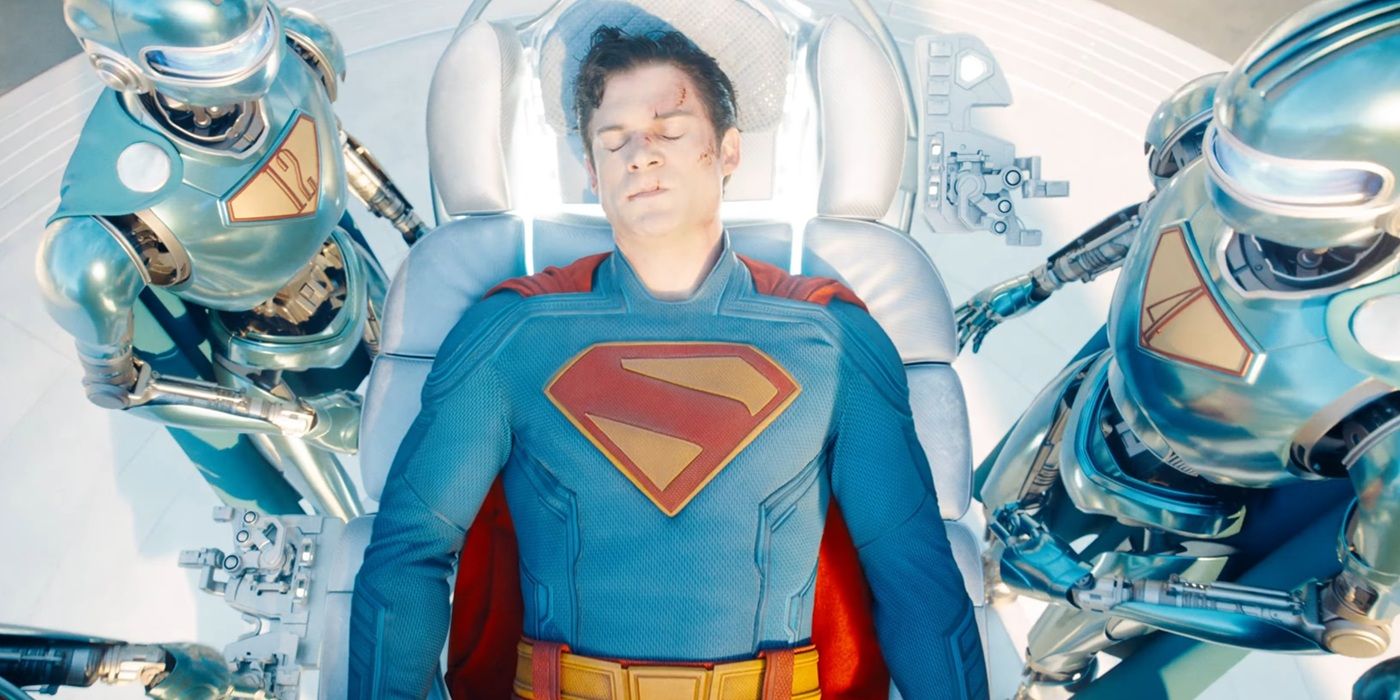






.jpeg)
